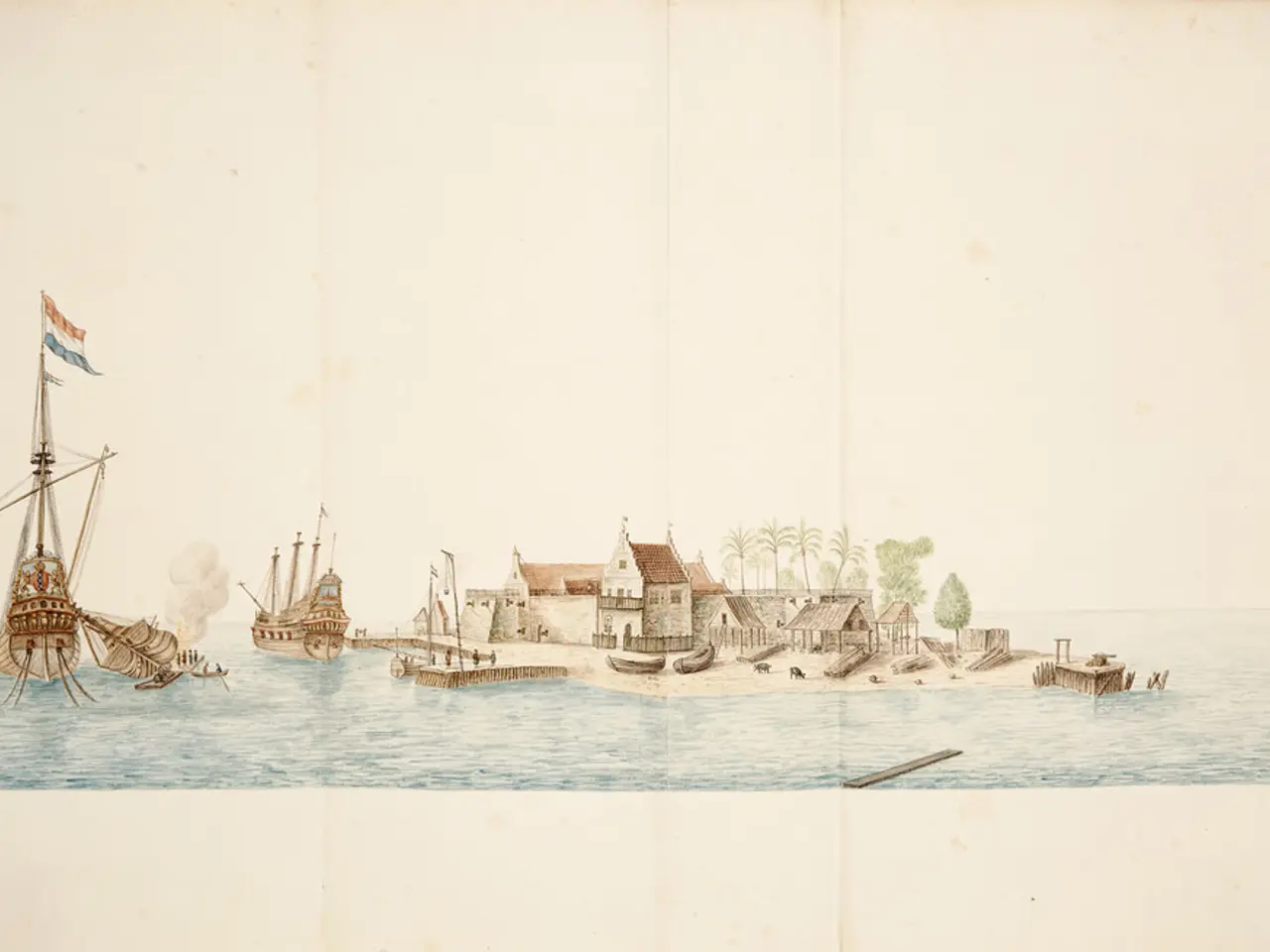Vendée Globe fleet's decision to turn down a complete foiling rule explained
The Vendée Globe, a legendary sailing event that is forty years old and in its 10th edition, is renowned for pushing the boundaries of offshore racing. At the heart of this epic event is the IMOCA class, a group of high-performance sailing boats that have maintained their edge for over 30 years while continually innovating.
This year, the IMOCA class has made some significant decisions that reflect their commitment to sustainability and operational reliability. One of the most notable changes is the decision not to implement T-foils on their boats for the Vendée Globe.
The move away from T-foils was primarily due to differing priorities among team stakeholders and concerns related to the direction and management of the class's development projects. Key figures like David Sineau of Initiatives Cœur highlighted a divergence in desires and approaches within the class regarding foil adoption and boat design.
Instead of adopting T-foils, the IMOCA class has approved alternative technological advancements focusing on optimized hull shapes and different foil designs. These changes provide significant performance improvements without the complexity or potential drawbacks of T-foils.
The recent development of foiling IMOCAs has been fascinating to watch, and the new designs offer a more balanced approach that blends innovation with operational reliability demanded by the extreme conditions of the Vendée Globe race.
The success of the Vendée Globe is not an accident. Thousands of fans camped out to see the boats pass by, and this year's edition boasts a record entry of 40 boats. The IMOCA class's democratic decision-making process, with sailors and owners deciding the rules, ensures that the event remains engaging and competitive.
In addition to the technological advancements, the IMOCA class encourages sustainability throughout the build and campaigning of the boats. Designers and builders are using flax fibres and green resin for non-structural parts of the boat to reduce its carbon footprint. Reducing the number of sails a team can have and crediting points for sharing moulds are examples of sustainability incentives that have been implemented.
The move to a one-design keel fin stopped the horror of broken keel fins, and the IMOCA class has approved a new one-design mast for the next Vendée Globe. The new mast was much needed due to increased power since the introduction of foils.
A full facelift for an IMOCA boat for the next Vendée Globe could cost up to €3 million, but this sustainability effort does not compromise the performance of the boat. Balancing the boat using asymmetric hydrofoils and dragging the stern around is not a leading edge offshore machine approach.
The IMOCA class has not faced significant opposition or teams leaving due to its sustainability efforts. In fact, the class of IMOCA boats has never been stronger, and the recent development of foiling IMOCAs has added a new level of excitement to the event.
In conclusion, the IMOCA class continues to push the limits of offshore racing while maintaining a commitment to sustainability and operational reliability. The Vendée Globe remains an extraordinary event that attracts thousands of fans and offers a competitive and engaging sailing experience.
[1] Sineau, D. (2021). Interview with David Sineau, Initiatives Cœur. Retrieved from https://www.sailing-news.com/vendee-globe/interview-with-david-sineau-initiatives-coeur/
[4] Vendée Globe (2021). IMOCA 60: A Class of its Own. Retrieved from https://www.vendeeglobe.org/en/the-race/the-boat/imoca-60
[5] Vendée Globe (2021). The New IMOCA 60 One Design Mast. Retrieved from https://www.vendeeglobe.org/en/the-race/the-boat/new-imoca-60-one-design-mast
- Despite the initial consideration of T-foils for improved performance, the IMOCA class, driven by sustainability and operational reliability concerns, has chosen to focus on optimized hull shapes and alternative foil designs, offering performance improvements without the complexity or potential drawbacks of T-foils.
- In contemporary sports, the IMOCA class stands out as a testament to technology integration and sustainability, inspiring a new level of excitement in the offshore racing community with their innovative designs and commitment to reducing their carbon footprint.




